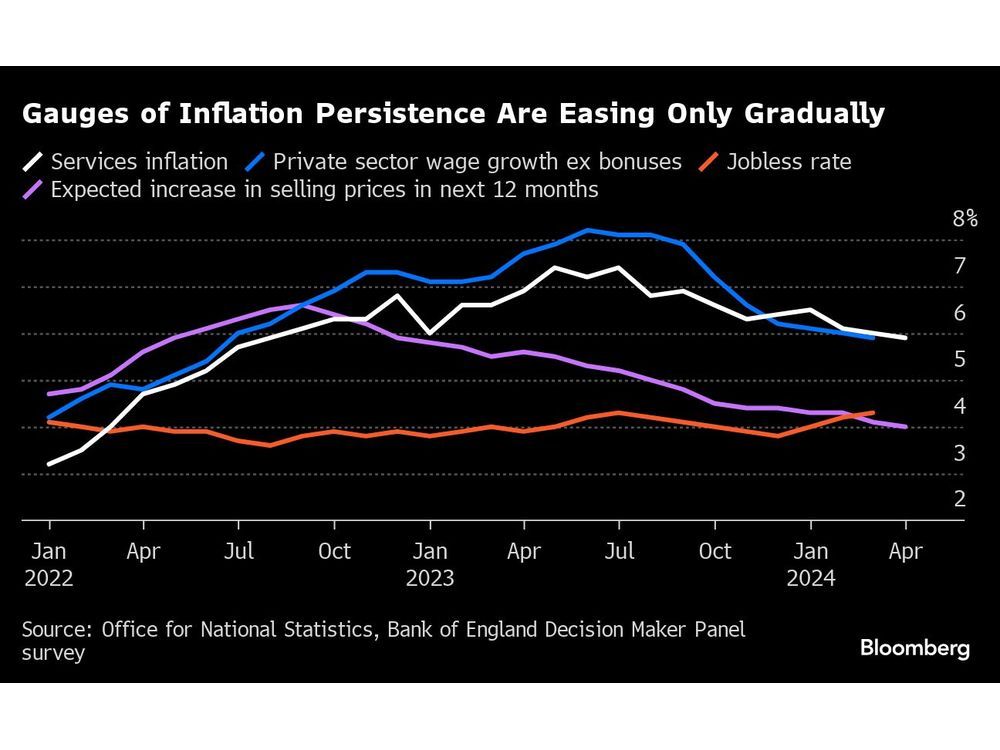Follow us on LinkedIn
In financial accounting, derivative financial instruments are assets and liabilities whose value is based on the prices of other underlying assets. They can be used to hedge risk or for speculation. In a balance sheet, they are typically listed as either current or non-current assets or liabilities, depending on how soon they will mature. In this blog post, we will discuss what derivative financial instruments are and how they are reported in a company’s financial statements.
What are financial derivative instruments?
Financial derivative instruments are financial contracts or financial products whose value is derived from the price of an underlying financial instrument. The two common types of financial derivatives are futures and options, both of which can be used for hedging or speculating on investments by investors. There are many other different types as well such as swaps, forwards, warrants, etc. These financial derivatives can be listed as assets or liabilities on a company’s balance sheet, depending on their exposures.
How do they work, and why are they important to include on a balance sheet?
Derivative financial instruments are important to include on a balance sheet because they can be used to protect a company from risks associated with the prices of certain assets. For example, if a company has exposure to the price of oil in its business, it may purchase futures contracts that will lock in a set price for oil at a later date. This protects them from the risk that oil prices will rise and make their products more expensive to produce.
When a company has derivative financial instruments on its balance sheet, it is important to report them accurately in the financial statements. This is done by recording the fair value of the derivative financial instruments at each reporting period. The change in the fair value from one period to the next is then recorded in either the income statement or the balance sheet, depending on whether it is a revenue or expense item.
How can financial derivative instruments be used in financial analysis?
Financial derivatives are important for financial analysts to understand when analyzing a company’s financial statements because they help identify potential risks or speculate on price movements of certain assets. For example, if an analyst sees that a company has purchased oil futures contracts, they might conclude that this is an indication that management expects prices to rise in the future.
Conclusion
In this blog post, we have discussed what financial derivative instruments are and how they are reported in a company’s financial statements. We have also talked about why they are important to include on a balance sheet and how financial analysts can use them to help understand a company’s financial position. We hope you have found this information helpful.
Further questions
What's your question? Ask it in the discussion forum
Have an answer to the questions below? Post it here or in the forum





Prime Minister Keir Starmer’s promise to “get Britain building again” will quickly face a shortage of skilled workers in the very industries he’s hoping will power the turnaround.